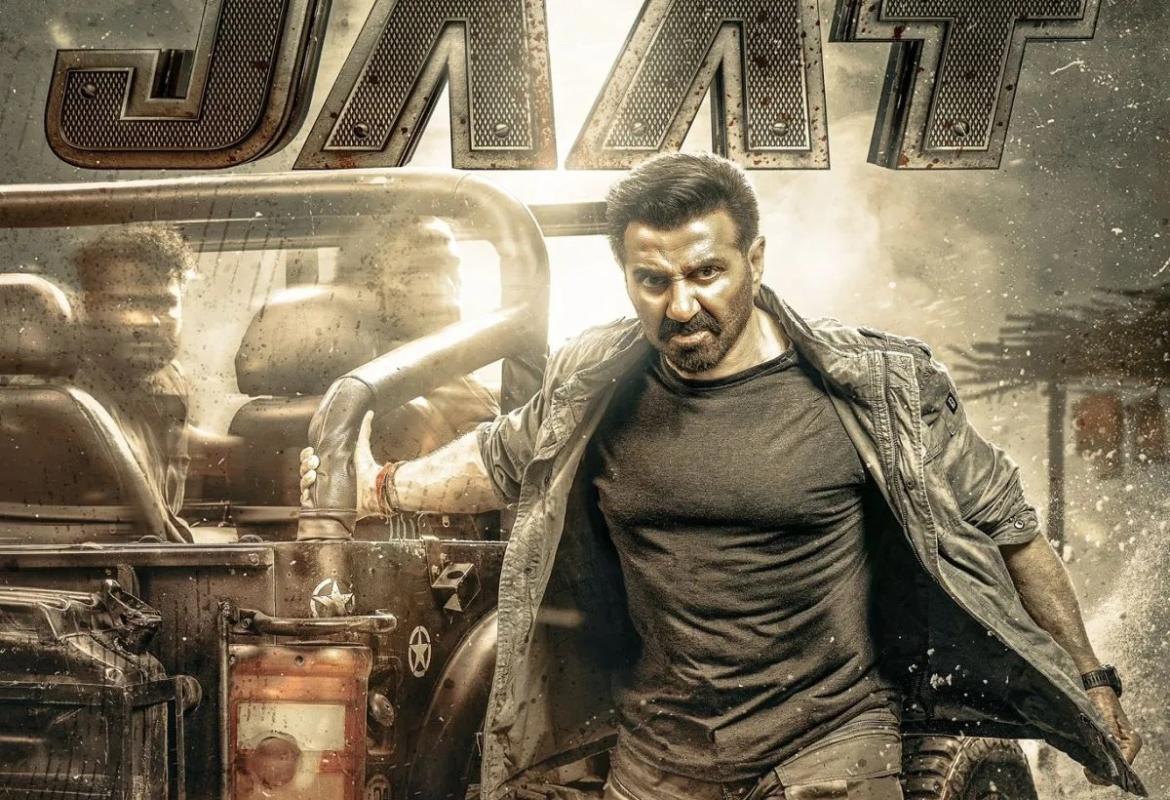In a preview of a report analysing media violence in Sri Lanka, Tamils Against Genocide (TAG) has determined that the Sri Lankan “state repression of the media mirrors the state’s wider ethno-chauvinist policies”, placing Tamil journalists at a greater risk of violence than their Sinhalese counterparts.
Examining data from, Journalists for Democracy (JDS), TAG found that of all the reported murdered or disappeared journalists listed by JDS since 2004, 37 are media workers of ethnic Tamil origin while 4 are ethnic Sinhalese and 2 Sri Lankan Muslims.
The advocacy group went on to observe that approximately 75 per cent have taken place in the majority Tamil-speaking regions of the island.
Extracts of their piece have been reproduced below. See the full piece here.
"Sri Lanka has gained a reputation as one of the most dangerous countries in the world for journalists alongside Afghanistan, Somalia, Eritrea and North Korea."
"Yet considering that much of Sri Lanka’s post-independence period has been entrenched in ethnic violence, the central question of race has been absent in the analysis of media attacks."
"Indeed, often ethnicities of attacked media workers remain unspecified in the reporting of human rights and news organisations. With the erosion of ethnic labels in the reporting of violence against media personnel, some core reasons for the Sri Lankan states repression of media personnel elude us."


